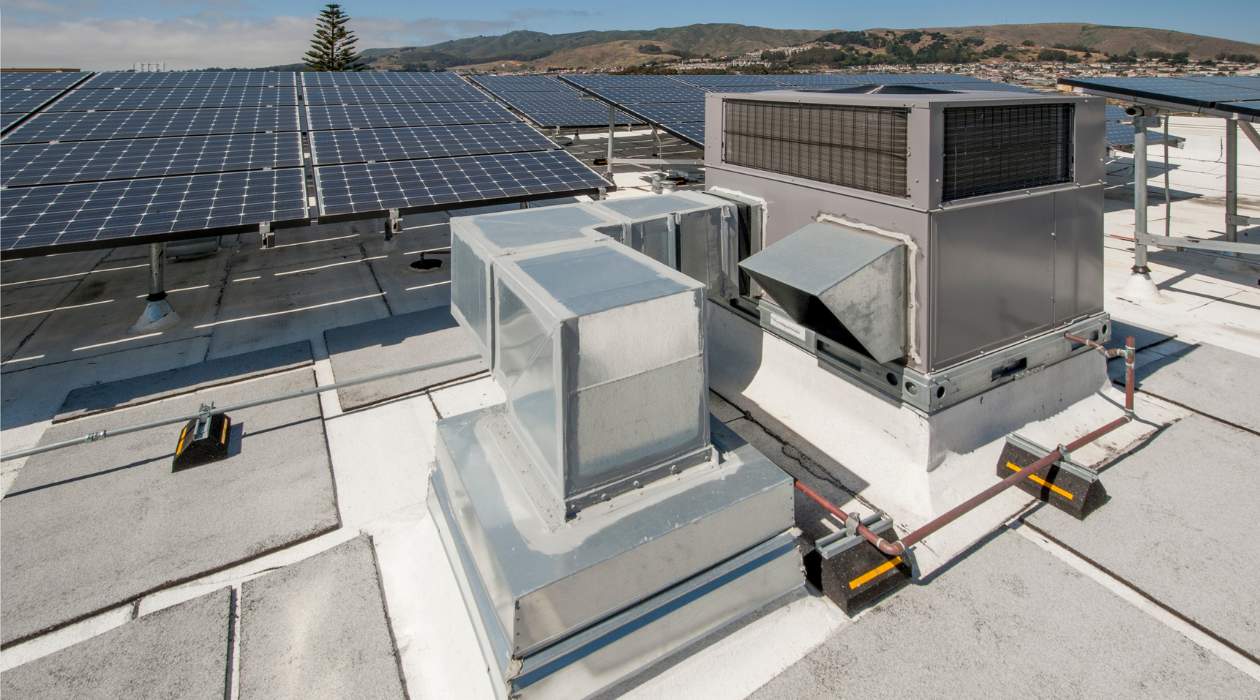

Articles
How Much Does A Commercial HVAC System Cost
Modified: October 20, 2024
Discover the average cost of commercial HVAC systems with our informative articles. Learn what factors influence pricing and how to find the best option for your business.
(Many of the links in this article redirect to a specific reviewed product. Your purchase of these products through affiliate links helps to generate commission for Storables.com, at no extra cost. Learn more)
Introduction
When it comes to creating a comfortable working environment for your employees and customers, a reliable and efficient commercial HVAC (Heating, Ventilation, and Air Conditioning) system is essential. An effective HVAC system not only provides optimum temperature control but also ensures proper ventilation and air quality in commercial spaces such as offices, retail stores, hotels, and restaurants. However, one of the main concerns for business owners is the cost of installing and maintaining a commercial HVAC system.
The cost of a commercial HVAC system can vary significantly depending on several factors, including the size and complexity of the building, the type of system chosen, and the specific requirements of the space. In this article, we will explore the various factors that affect the cost of a commercial HVAC system and provide an overview of the average costs and cost breakdown of the different components involved.
By understanding the cost factors and considerations associated with commercial HVAC systems, business owners can make informed decisions that align with their budget and long-term needs. Additionally, we will provide some valuable tips on how to reduce commercial HVAC system costs without compromising on quality and performance.
So, let’s dive in and explore the world of commercial HVAC systems, their costs, and how you can make the most cost-effective choices for your business.
Key Takeaways:
- Understanding the factors that influence commercial HVAC system costs, such as space size, system type, and energy efficiency, empowers business owners to make informed decisions aligned with their budget and long-term needs.
- Implementing cost-saving strategies, such as investing in energy-efficient equipment, proper insulation, and regular maintenance, can optimize the efficiency of commercial HVAC systems and reduce operational expenses over time.
Read more: How Much Does An HVAC Inspection Cost
Factors That Affect Commercial HVAC System Costs
Before delving into the cost breakdown of commercial HVAC systems, it is crucial to understand the various factors that influence the overall cost. By considering these factors, business owners can make more accurate estimations and decisions regarding their HVAC system investments. Here are the key factors that affect commercial HVAC system costs:
- Size of the Space: The size of the commercial space is a significant determinant of HVAC system costs. Larger spaces require more complex and extensive systems to ensure proper temperature regulation throughout the area. Therefore, the bigger the space, the higher the cost of the HVAC system installation.
- System Type: There are various types of commercial HVAC systems available, including rooftop units (RTUs), split systems, and variable refrigerant flow (VRF) systems. Each system type has its own price range, depending on factors such as energy efficiency ratings, cooling and heating capacities, and advanced features. Consequently, the chosen system type significantly impacts the overall cost.
- Complexity of Installation: The complexity of the HVAC system installation can have a considerable impact on the cost. Factors such as the existing infrastructure, accessibility of the installation area, ductwork requirements, and any additional modifications or upgrades needed can increase the installation costs.
- Energy Efficiency: Energy-efficient HVAC systems are designed to consume less energy while delivering optimal performance. Although these systems can be more expensive upfront, they offer long-term cost savings through reduced energy bills. Energy-efficient features such as high SEER (Seasonal Energy Efficiency Ratio) ratings, variable speed motors, and smart controls can add to the overall cost of the system.
- Building Codes and Regulations: Compliance with building codes and regulations is essential for any commercial HVAC system installation. Certain jurisdictions may have specific requirements and regulations that need to be met. Adhering to these codes can add to the installation cost, particularly if significant modifications or additional equipment are necessary.
These factors interact with each other, and the cost of a commercial HVAC system is influenced by their combined effect. It is essential to work with experienced HVAC contractors who can assess your specific requirements and provide accurate cost estimates based on these influencing factors.
Types of Commercial HVAC Systems
Commercial HVAC systems come in various types, each designed to suit different building sizes, layouts, and energy requirements. Understanding the different types of systems can help business owners choose the most suitable option for their specific needs. Here are the main types of commercial HVAC systems:
- Rooftop Units (RTUs): RTUs are popular choices for many commercial buildings. These units are installed on the roof, ensuring minimal interference with the indoor space. RTUs are self-contained systems that contain all the necessary HVAC components, including the heating and cooling components, air supply fans, and controls. They are versatile, easy to maintain, and provide efficient heating and cooling. RTUs are commonly used for smaller commercial spaces and retail establishments.
- Split Systems: Split systems consist of two main units: an outdoor unit that houses the condenser and compressor, and an indoor unit that contains the evaporator coil and air handler. They are connected through refrigerant lines and provide both heating and cooling. Split systems are a practical choice for medium-sized commercial spaces and offer flexibility in terms of zoning capabilities.
- Variable Refrigerant Flow (VRF) Systems: VRF systems are known for their energy efficiency and advanced zoning capabilities. These systems use refrigerant lines to distribute conditioned air to multiple indoor units simultaneously. VRF systems can heat and cool different zones within a building independently, allowing for optimal comfort control in varying occupancy areas. They are well-suited for larger commercial spaces such as office buildings, hotels, and hospitals.
- Chilled Water Systems: Chilled water systems use a central chiller to cool the water, which is then pumped through a network of pipes to the individual air handlers or fan coil units in each area. These systems are ideal for large commercial buildings that require precise temperature control and can be used for both cooling and heating purposes. Chilled water systems offer excellent energy efficiency and are commonly used in commercial complexes, industrial facilities, and high-rise buildings.
- Heat Pumps: Heat pumps are versatile systems that can provide both heating and cooling. They transfer heat from one space to another and are highly energy-efficient. Heat pumps are suitable for moderate climates and are commonly used in commercial settings where both heating and cooling needs exist.
Each type of commercial HVAC system has its own advantages and considerations. It is essential to consult with a qualified HVAC professional who can assess your specific requirements and propose the most suitable system type for your commercial space.
Average Costs of Commercial HVAC Systems
The cost of a commercial HVAC system can vary widely depending on several factors, including the size of the space, the type of system chosen, and the specific requirements of the building. On average, commercial HVAC systems can range from $10,000 to $100,000 or more. To provide a more precise estimate, let’s break down the average costs based on different system types:
- Rooftop Units (RTUs): The cost of installing an RTU can range from $8,000 to $20,000 per unit, depending on the size and capacity required. Keep in mind that buildings with multiple units may require additional costs for ductwork, electrical connections, and rooftop reinforcement.
- Split Systems: The average cost of a split system installation can range from $5,000 to $15,000 per ton of capacity. The total cost will depend on factors such as the number of indoor and outdoor units needed and the complexity of the installation.
- Variable Refrigerant Flow (VRF) Systems: VRF systems tend to have a higher upfront cost due to their advanced technology and zoning capabilities. The average cost of installing a VRF system can range from $15,000 to $30,000 per ton of capacity. However, the long-term energy savings and improved comfort control make them a cost-effective choice for larger commercial spaces.
- Chilled Water Systems: The cost of a chilled water system installation can vary significantly depending on the size and complexity of the system. On average, the cost can range from $20,000 to $50,000 per ton of cooling capacity. Additional costs for piping, pumps, and controls should also be considered.
- Heat Pumps: The average cost of installing a heat pump system can range from $10,000 to $25,000 or more, depending on the size and capacity needed. It is important to factor in additional costs for ductwork, electrical connections, and any necessary modifications to the existing infrastructure.
It is important to note that these average costs serve as general guidelines and may vary depending on the specific requirements of your commercial space. Additional factors, such as location, labor costs, and any necessary building modifications, can also influence the overall cost of the HVAC system installation. To get an accurate cost estimate, it is advisable to consult with reputable HVAC contractors who specialize in commercial installations and can provide a detailed assessment based on your unique needs.
When budgeting for a commercial HVAC system, consider factors such as the size of the space, the type of system needed, and any additional features or upgrades. Get multiple quotes from reputable contractors to ensure you’re getting a fair price.
Cost Breakdown of Commercial HVAC System Components
Understanding the cost breakdown of the various components involved in a commercial HVAC system can help business owners plan and budget accordingly. While the overall cost will vary based on factors such as system type, size of the space, and specific requirements, here is a general breakdown of the key components and their associated costs:
- Heating and Cooling Units: The cost of the heating and cooling units will depend on the type and capacity of the system chosen. On average, these units can range from $2,000 to $15,000 or more, depending on the size and efficiency rating. Energy-efficient units, which can provide long-term cost savings through reduced energy consumption, may have a higher upfront cost.
- Ductwork: The cost of ductwork installation can vary based on the complexity of the system design, the number of zones, and the size of the space. On average, ductwork installation can range from $2,000 to $10,000, but it can go higher for larger commercial spaces or buildings with multiple floors.
- Ventilation Systems: Proper ventilation is crucial for maintaining good indoor air quality in commercial spaces. The cost of ventilation systems, including fans, vents, and exhaust systems, can range from $1,000 to $5,000, depending on the size and airflow requirements of the building.
- Controls and Thermostats: Controls and thermostats are essential for regulating and maintaining the desired temperature in commercial spaces. These devices can range from $200 to $1,000 or more, depending on the level of automation and advanced features required.
- Piping and Refrigerant Lines: The cost of piping and refrigerant lines will depend on the total length, size, and complexity of the system. On average, the cost can range from $500 to $2,000 or more, depending on the specific requirements of the HVAC system.
- Electrical Connections: Proper electrical connections are necessary for the safe and efficient operation of the HVAC system. The cost of electrical work can vary based on the size of the space and the specific requirements of the system. On average, electrical connections can range from $500 to $3,000.
It is important to note that these cost breakdowns are estimates and can vary based on several factors. Additionally, labor costs for installation should be considered separately and will vary depending on the complexity of the project and the local market rates. To get a more accurate cost breakdown for the components of your commercial HVAC system, it is recommended to consult with HVAC professionals who can assess your specific needs and provide detailed cost estimates.
Read more: How Much Does HVAC Cleaning Cost
Additional Factors to Consider in the Cost of Commercial HVAC Systems
While the size, type, and components of a commercial HVAC system play a significant role in determining the overall cost, there are additional factors that should be taken into consideration. These factors can impact the upfront costs as well as the long-term maintenance and operational expenses. Here are some important factors to consider:
- Energy Efficiency: Energy-efficient HVAC systems may have a higher upfront cost but can result in significant savings in energy bills over time. Consider investing in systems with high SEER (Seasonal Energy Efficiency Ratio) ratings and advanced features such as variable speed motors and smart controls. These features can help optimize energy usage and reduce operating costs.
- Maintenance and Service: HVAC systems require regular maintenance and service to ensure optimal performance and longevity. The cost of maintenance contracts, filter replacements, and periodic inspections should be factored into the overall cost. Working with reputable HVAC service providers can help minimize maintenance costs and address any issues promptly.
- Warranty Coverage: Consider the warranty coverage offered by the HVAC manufacturer. A comprehensive warranty can provide added peace of mind and potential cost savings in case of equipment failures or defects. Be sure to understand the terms and conditions of the warranty and its duration before making a purchasing decision.
- Building Insulation: The insulation of the building can impact the HVAC system’s efficiency and overall performance. Ensure that the building is properly insulated to minimize energy loss and reduce the workload on the HVAC system. Poor insulation can lead to increased energy consumption and higher operating costs.
- Air Quality Enhancements: Depending on the nature of your business and the specific requirements of the space, you may need to invest in additional air quality enhancements such as air purifiers, UV lights, or air filtration systems. These enhancements can improve indoor air quality but may add to the upfront cost of the HVAC system.
- Local Climate: The local climate and environmental conditions can impact the sizing and functionality requirements of the HVAC system. For example, buildings located in extremely hot or cold climates may require larger capacity systems or supplementary heating or cooling equipment.
Considering these additional factors can help you make more informed decisions when it comes to selecting a commercial HVAC system. It is essential to work with experienced HVAC professionals who can assess your specific needs, provide recommendations, and help you determine the total cost of owning and operating the system over its lifetime.
Tips for Reducing Commercial HVAC System Costs
While commercial HVAC systems are a necessary investment for businesses, there are several strategies you can implement to help reduce the associated costs. By following these tips, you can optimize the efficiency of your HVAC system and potentially save on energy expenses and maintenance costs:
- Invest in Energy-efficient Equipment: Select HVAC equipment with high energy efficiency ratings (SEER, EER, or COP). Energy-efficient systems may have a higher upfront cost but can result in significant long-term savings in energy bills.
- Implement Proper Insulation: Ensure that your commercial building is well-insulated to minimize heat gain in summers and heat loss in winters. Proper insulation can reduce the workload on your HVAC system and help maintain optimal indoor temperatures more efficiently.
- Programmable Thermostats: Install programmable thermostats that allow you to adjust the temperature based on occupancy patterns. Customizable schedules can help optimize energy usage by reducing heating or cooling when the building is unoccupied or during non-business hours.
- Regular Maintenance: Implement a proactive maintenance plan for your HVAC system. Regularly scheduled inspections, filter changes, and cleaning can improve efficiency, extend the lifespan of the equipment, and minimize the risk of costly breakdowns.
- Air Filters: Keep your air filters clean and replace them regularly. Clogged filters restrict airflow and make your HVAC system work harder, leading to increased energy consumption and decreased efficiency. Clean filters can also improve indoor air quality.
- Zoning: Consider implementing zoning systems to divide your commercial space into different temperature zones. This allows for customized temperature control in different areas and eliminates the need to heat or cool unused spaces, saving energy and reducing overall HVAC system load.
- Ongoing Monitoring and Adjustments: Continuously monitor the performance of your HVAC system and make necessary adjustments. Keep an eye on energy consumption, operational efficiency, and comfort levels to identify any potential issues or areas for improvement.
- Training and Education: Educate your staff on energy-efficient practices and encourage them to adopt energy-saving habits. Simple actions like turning off lights and equipment when not in use can contribute to overall energy savings and reduce the strain on your HVAC system.
- Consider Renewable Energy Sources: Explore the possibility of integrating renewable energy sources such as solar panels or geothermal systems into your HVAC system. While there may be initial costs associated with installation, renewable energy sources can significantly reduce your reliance on traditional energy and lower long-term operational costs.
By implementing these tips, you can optimize the performance of your commercial HVAC system while reducing energy consumption, maintenance costs, and overall operational expenses. Consulting with HVAC professionals can provide additional insights and guidance tailored to your specific business needs.
Conclusion
Investing in a commercial HVAC system is essential for providing a comfortable and conducive working environment for your employees and customers. However, it is important to consider the costs associated with installing and operating these systems. By understanding the factors that affect commercial HVAC system costs, types of systems available, and the average costs and cost breakdown of various components, you can make informed decisions that align with your budget and specific requirements.
The size of the space, system type, complexity of installation, energy efficiency, and compliance with building codes are all factors that impact the overall cost. Additionally, ongoing maintenance, warranty coverage, and energy-related considerations such as building insulation and air quality enhancements should also be taken into account.
To reduce commercial HVAC system costs, consider investing in energy-efficient equipment, implementing proper insulation, using programmable thermostats, and adopting regular maintenance practices. Monitoring and adjusting your system, educating staff about energy-saving practices, and exploring renewable energy sources are also effective strategies for optimizing efficiency and reducing expenses.
When considering a commercial HVAC system, consulting with experienced HVAC professionals is crucial. They can assess your specific needs, provide accurate cost estimates, and guide you toward the most suitable system for your business.
Ultimately, by carefully considering the factors that influence costs, exploring cost-saving strategies, and working with the right professionals, you can strike a balance between creating a comfortable environment and managing the expenses associated with your commercial HVAC system.
Frequently Asked Questions about How Much Does A Commercial HVAC System Cost
Was this page helpful?
At Storables.com, we guarantee accurate and reliable information. Our content, validated by Expert Board Contributors, is crafted following stringent Editorial Policies. We're committed to providing you with well-researched, expert-backed insights for all your informational needs.
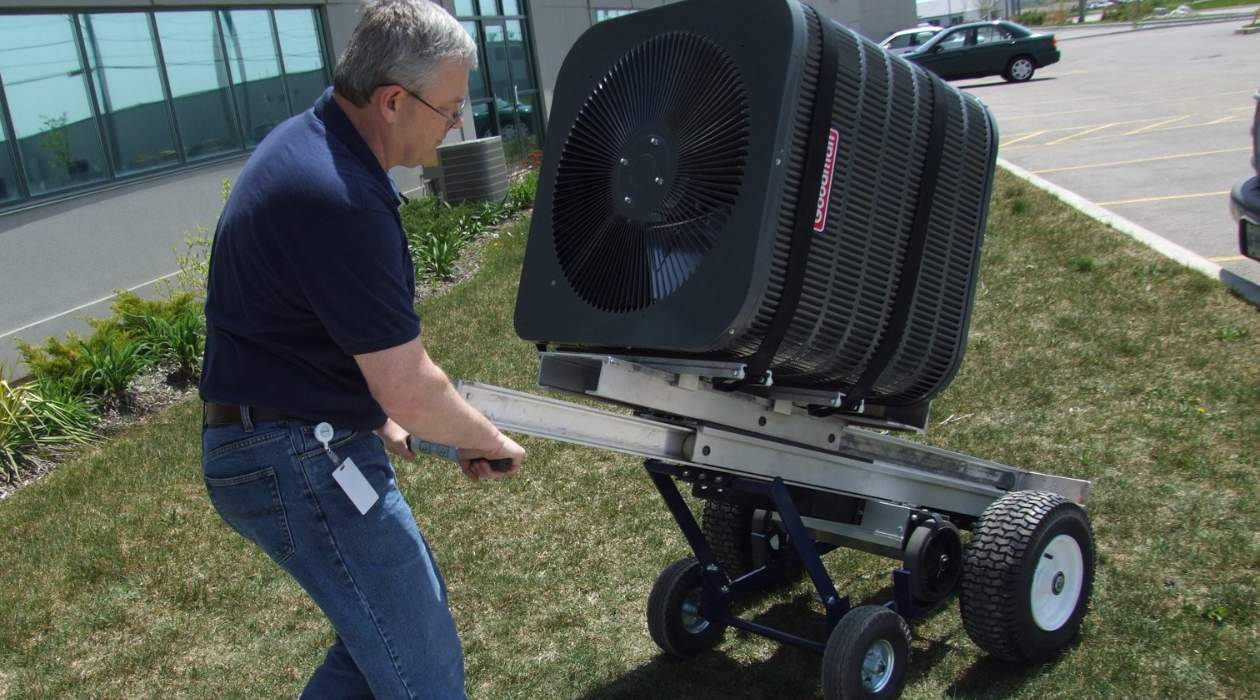
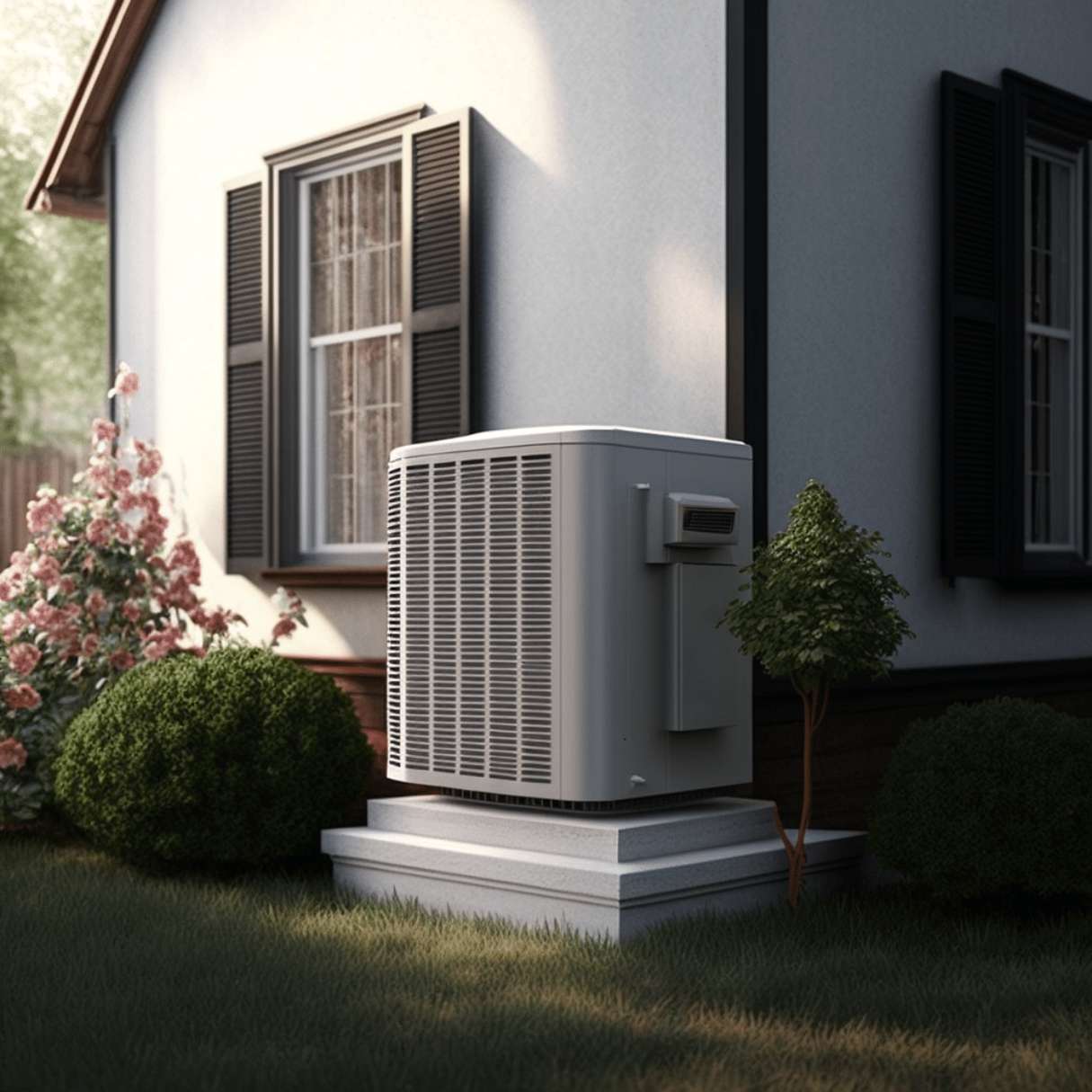
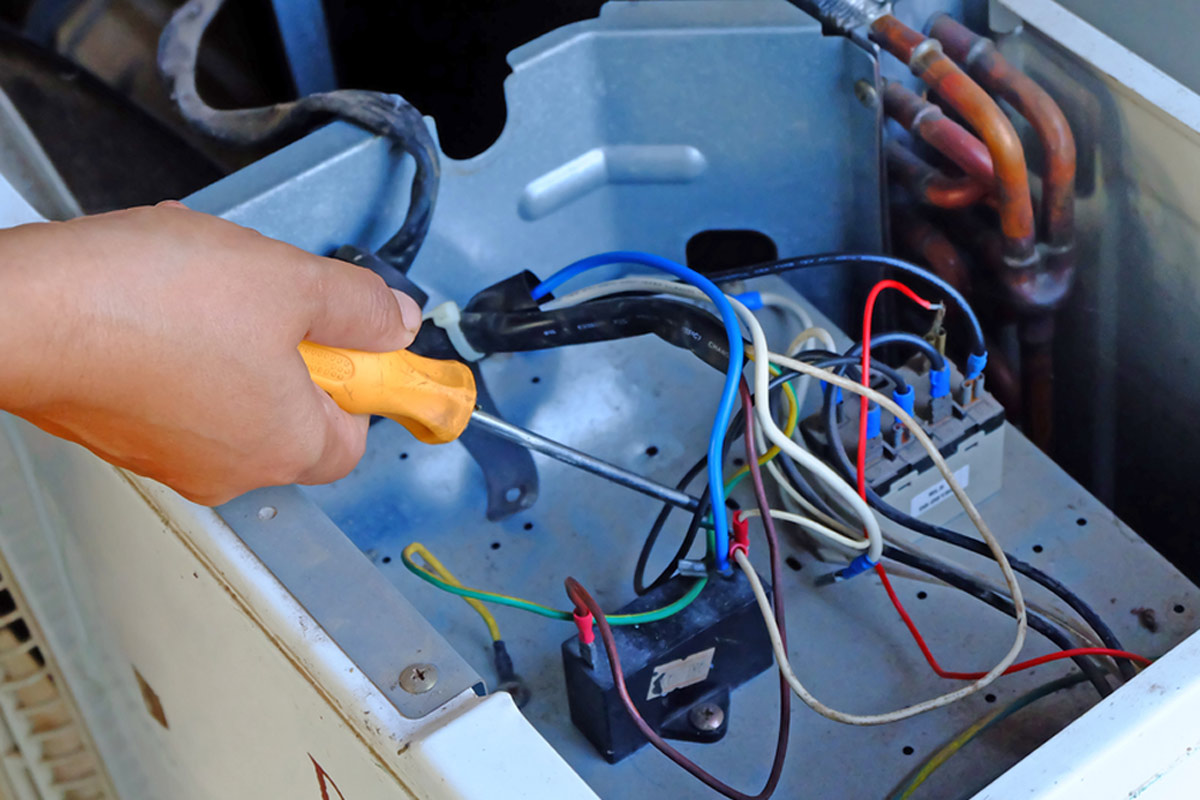
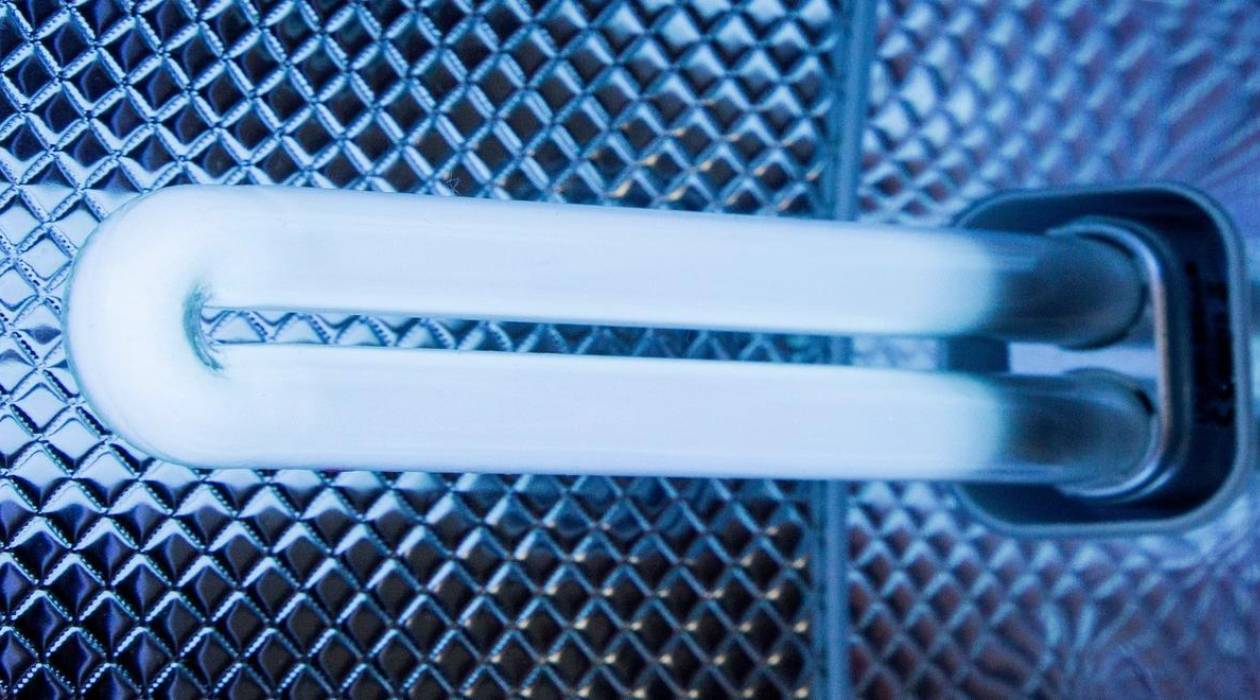
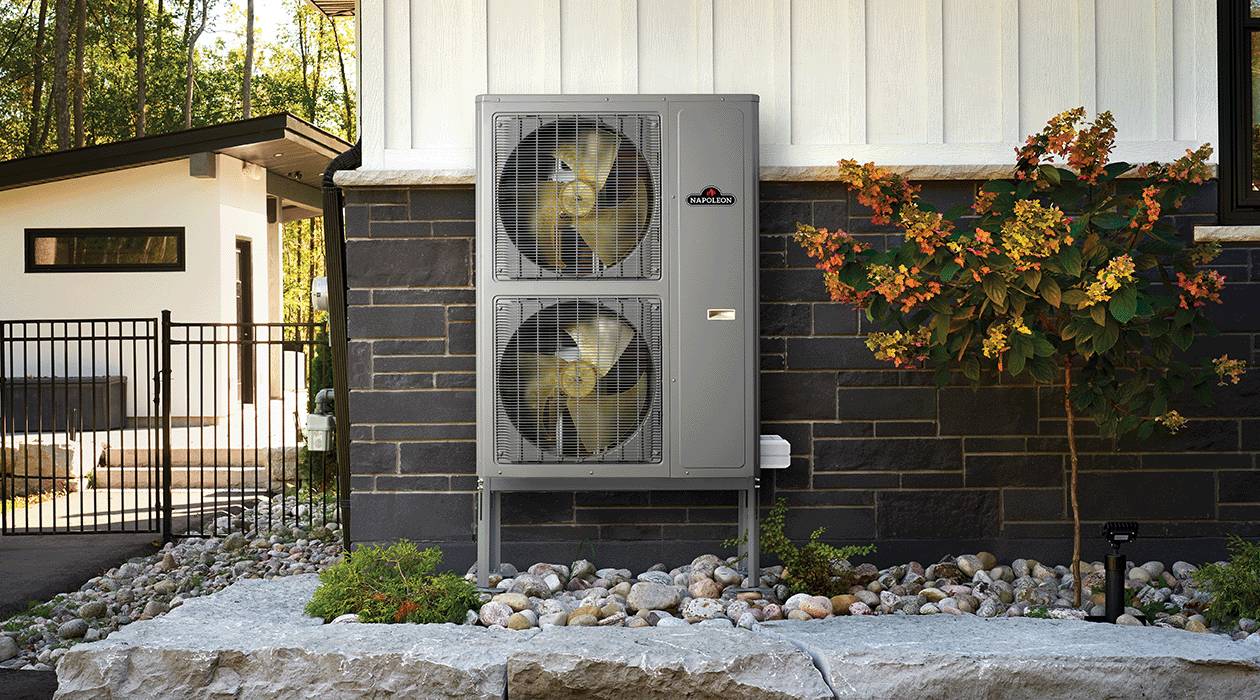
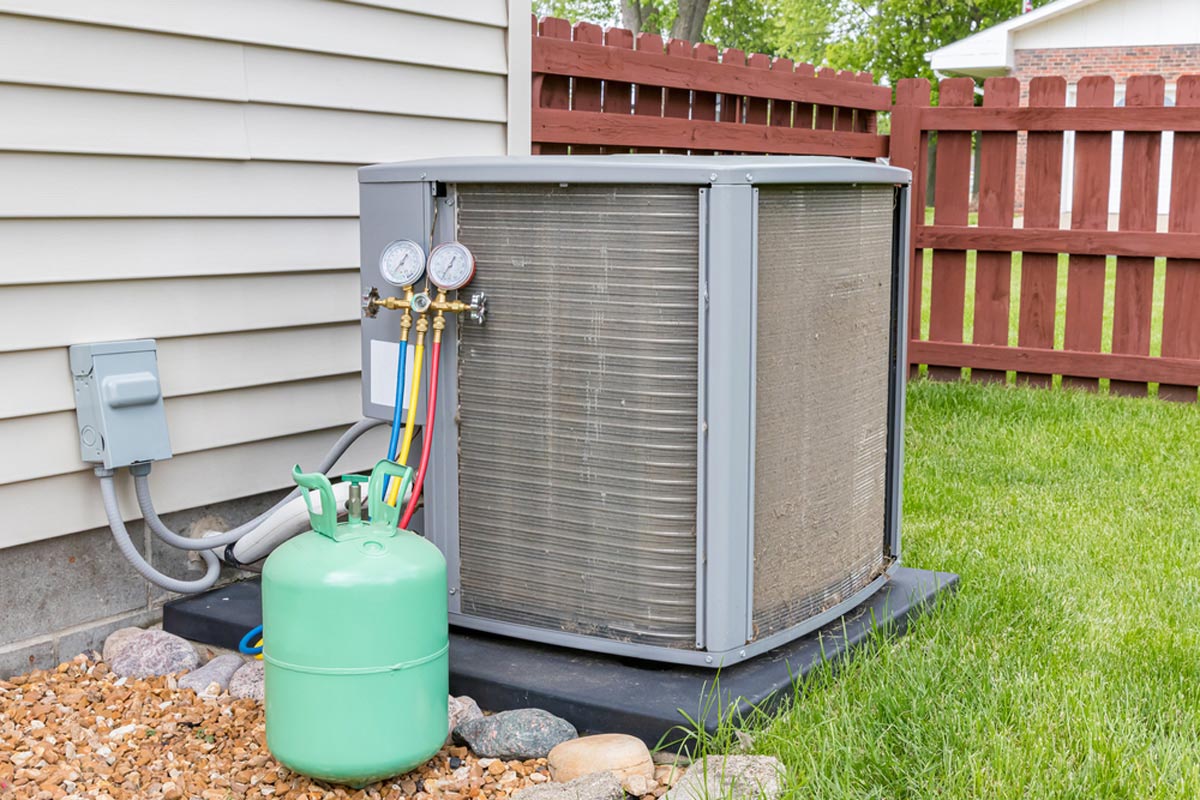
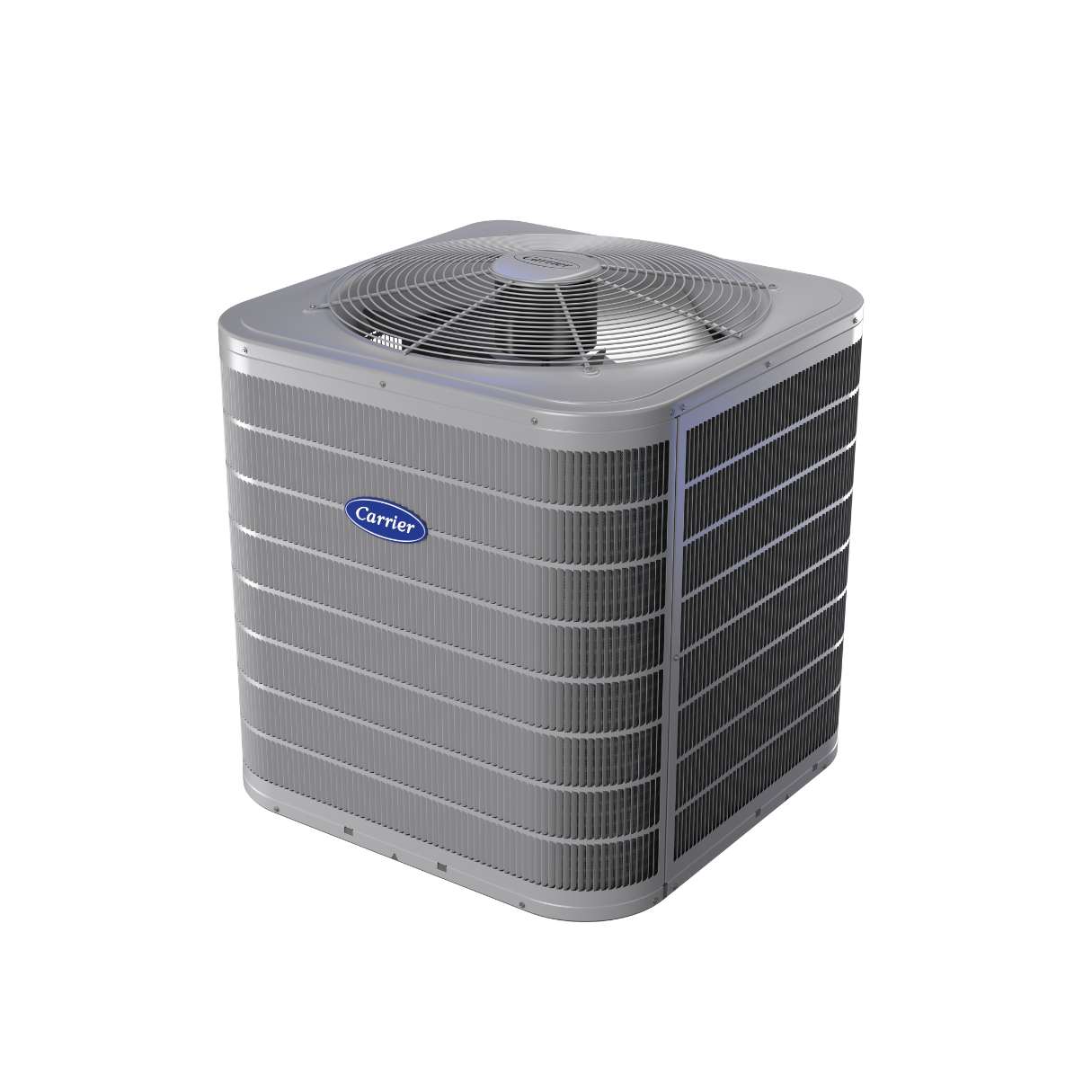
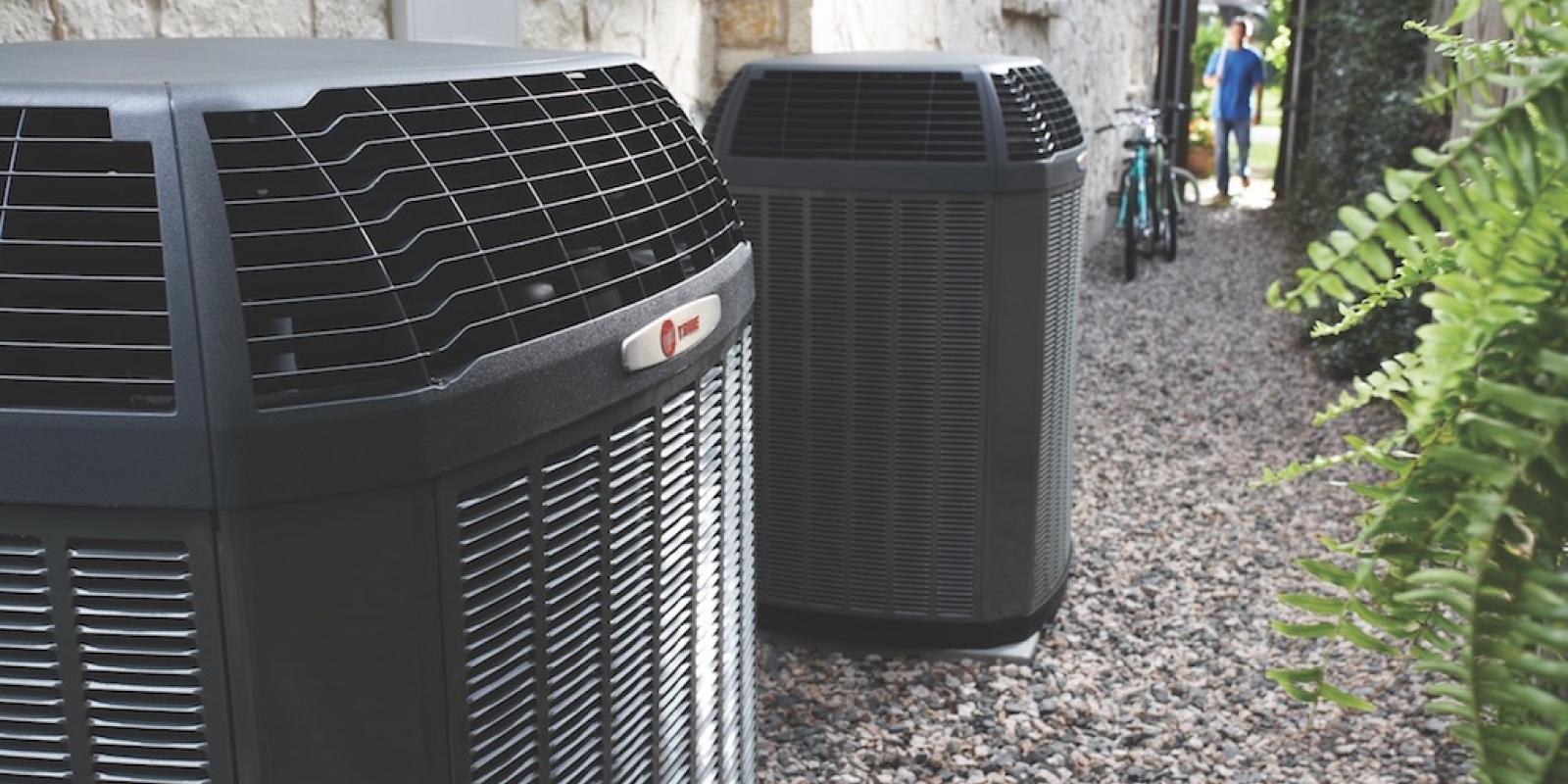
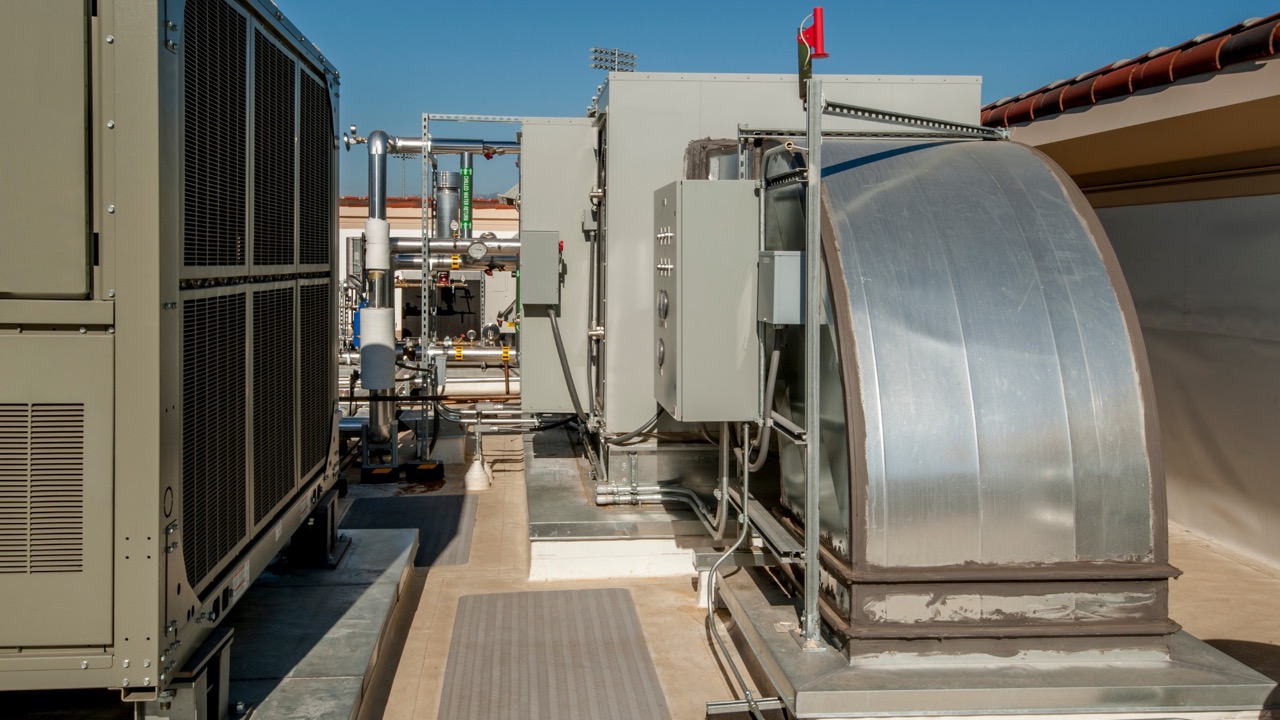
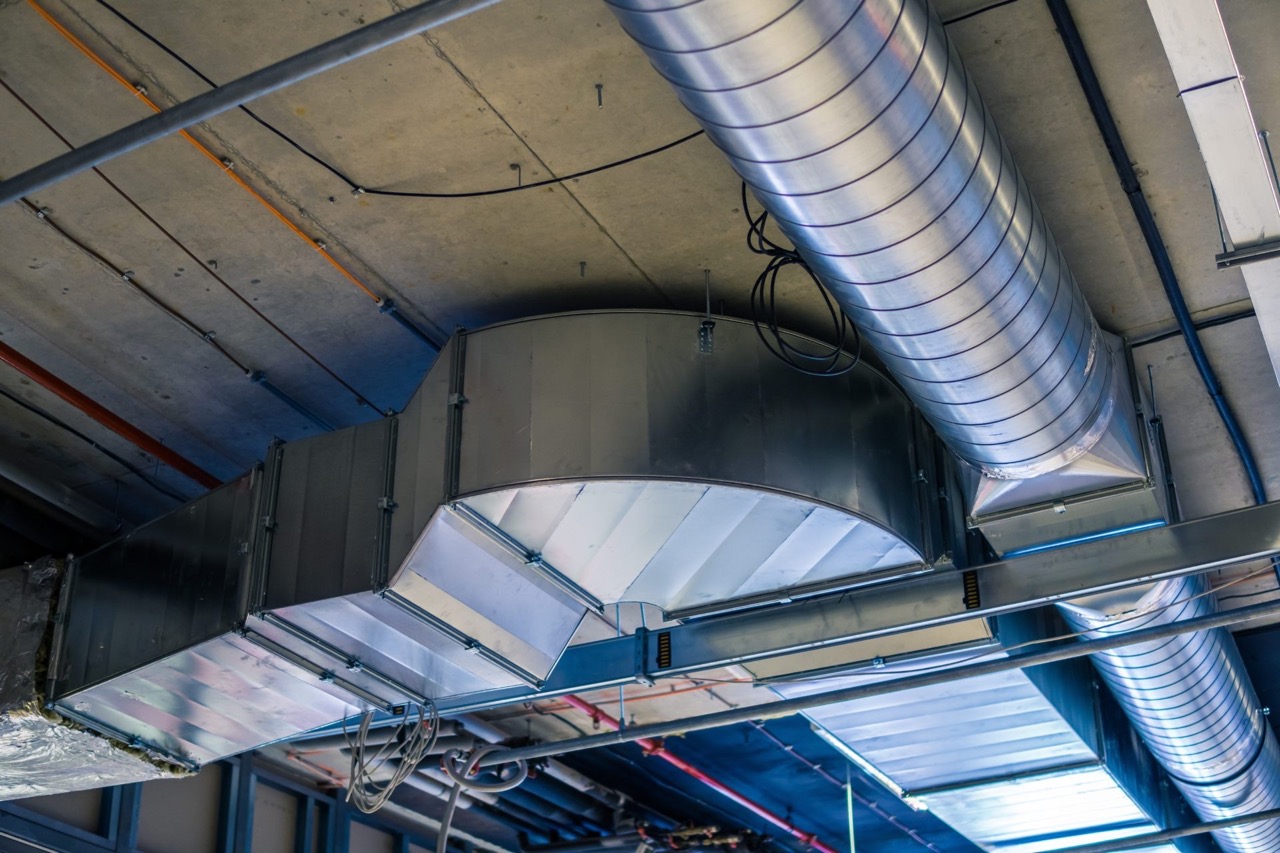
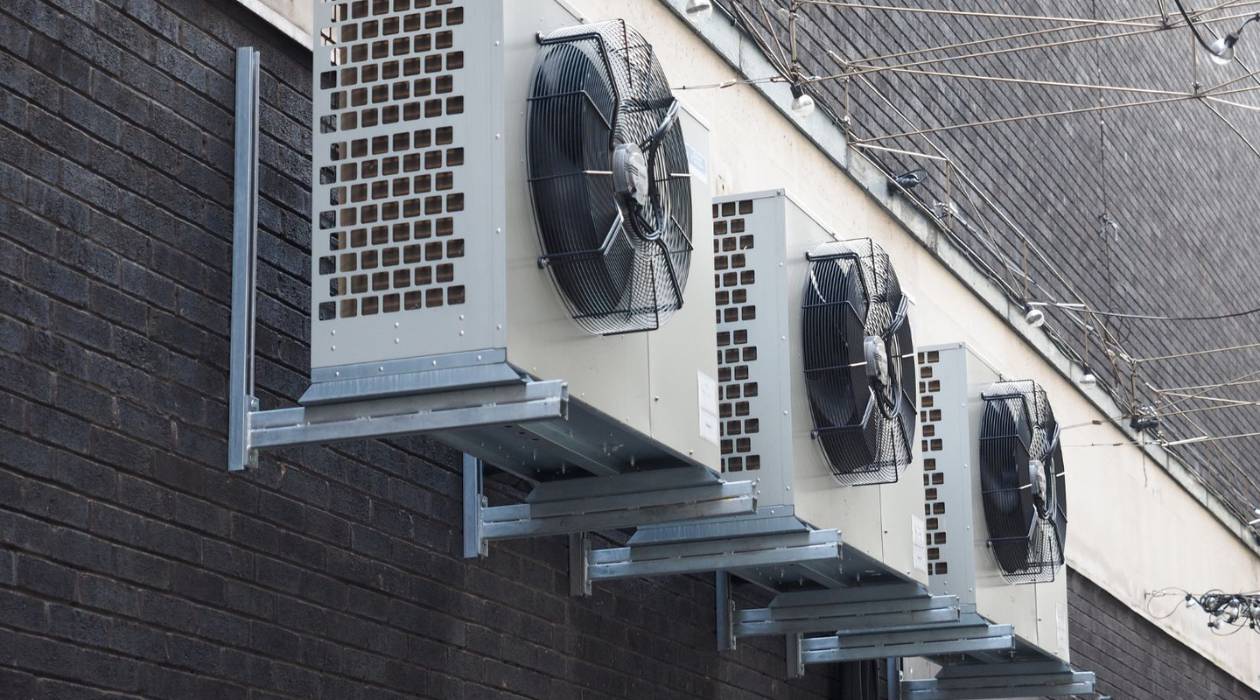
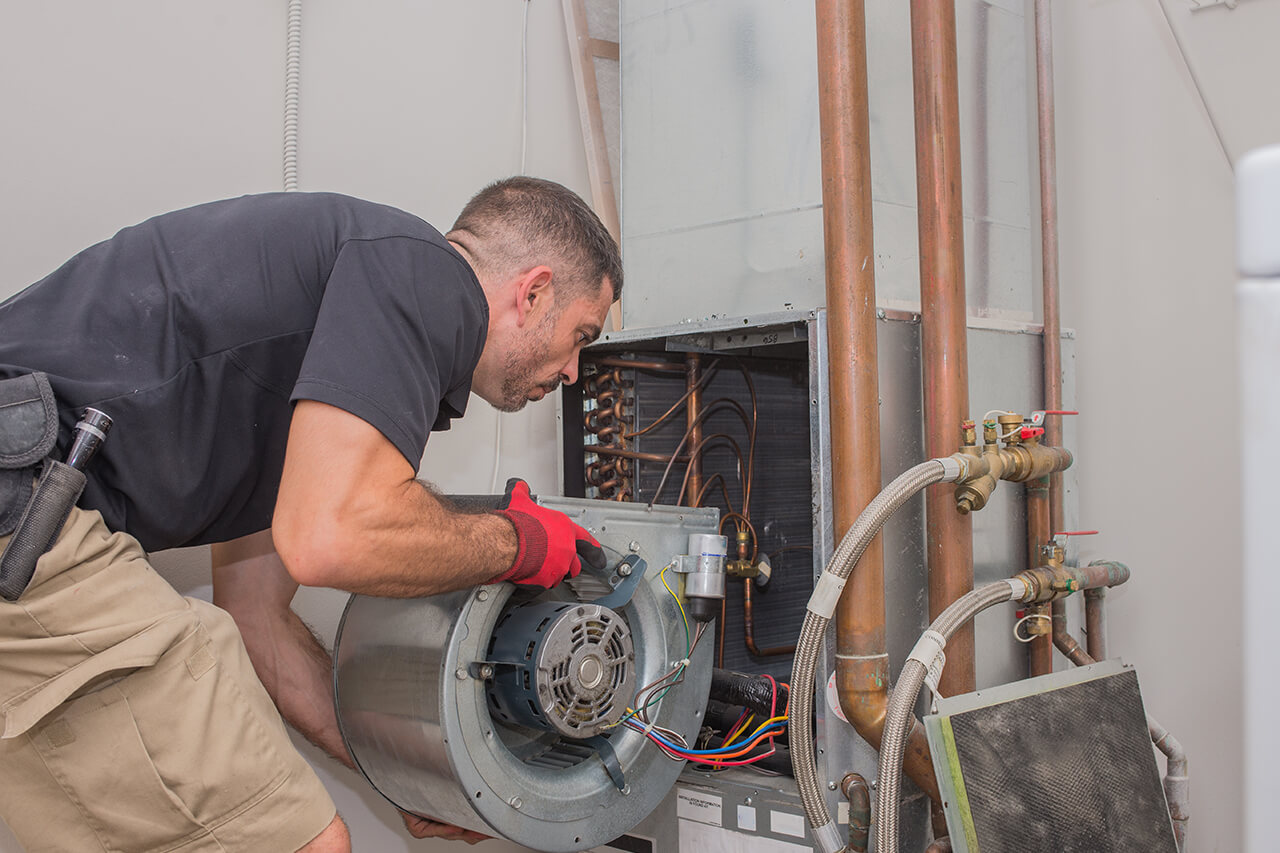
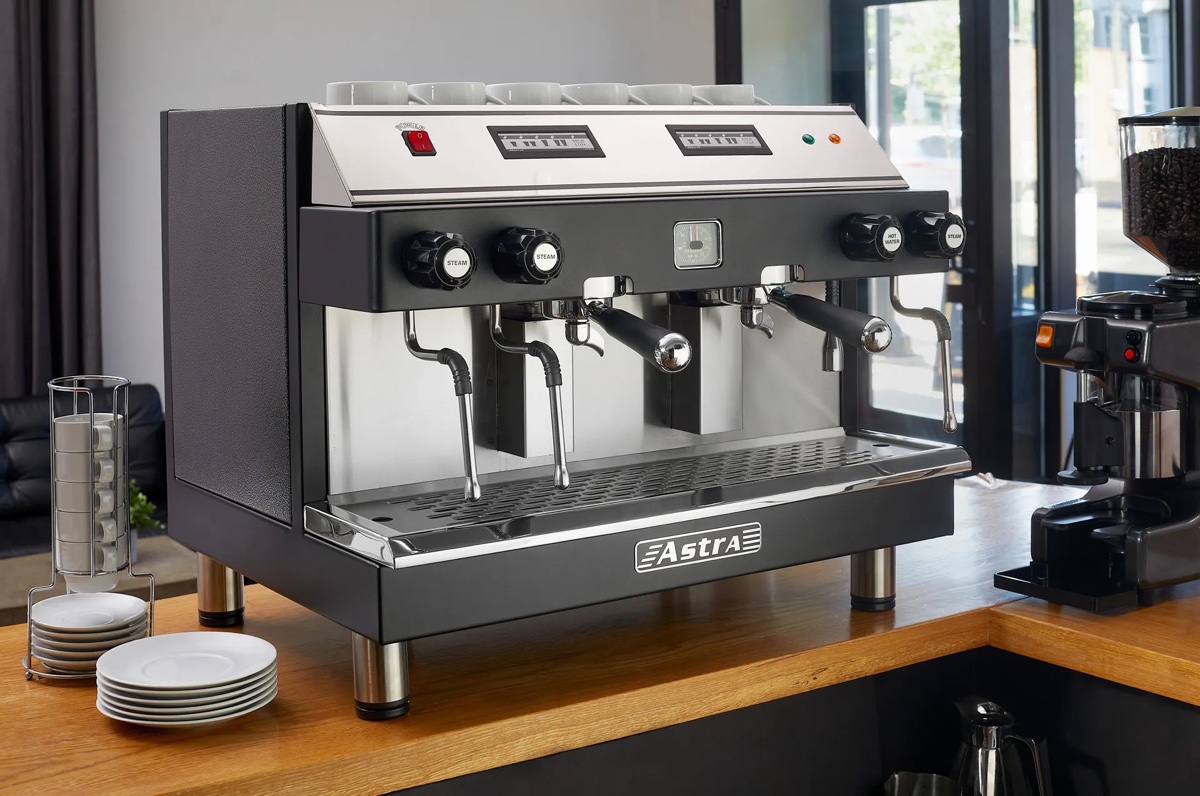
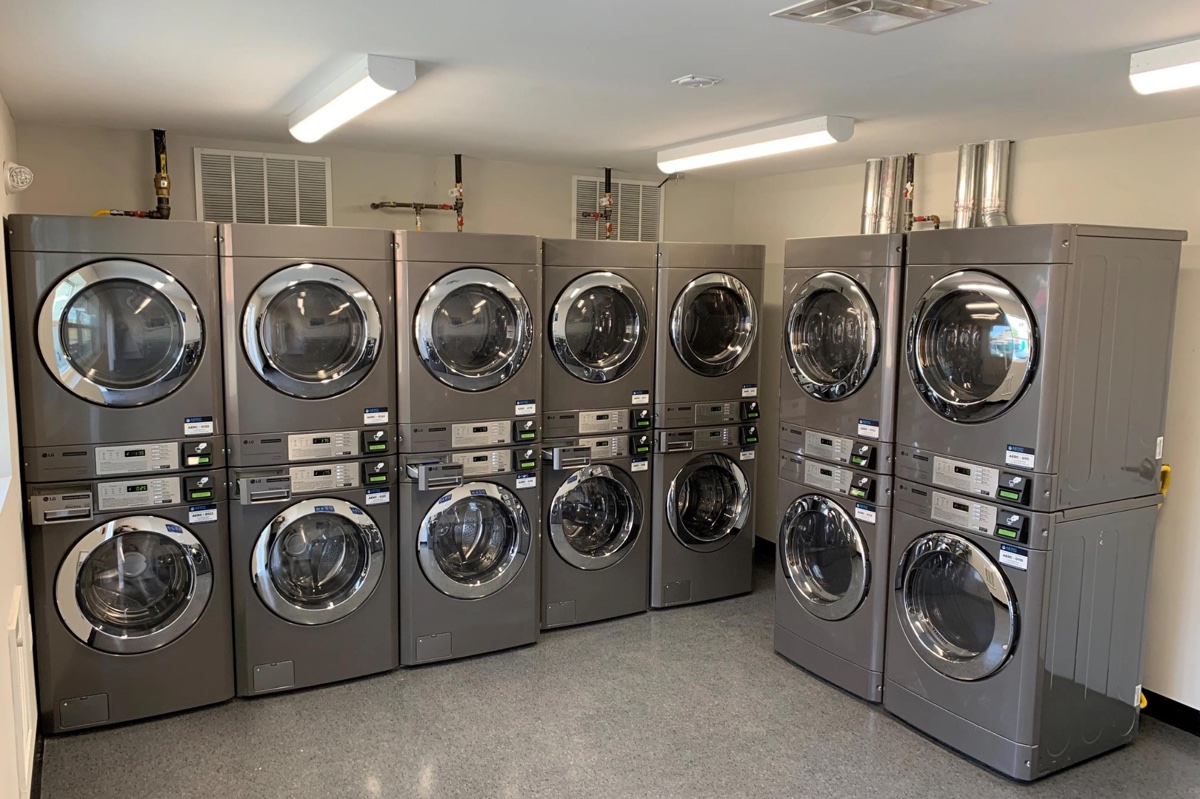

0 thoughts on “How Much Does A Commercial HVAC System Cost”